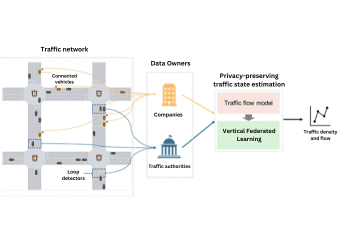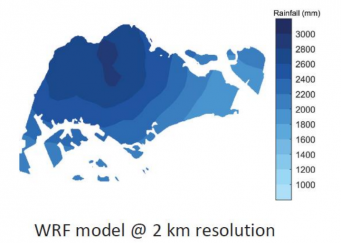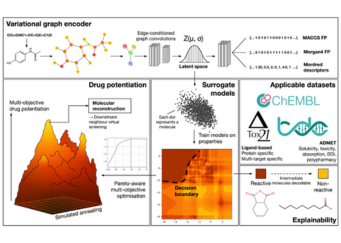Researchers from the National University of Singapore are creating indoor-adapted crops to increase Singapore’s food production, with the help of NSCC Singapore’s HPC resources.

Food security is a major concern in Singapore with only 14% of leafy vegetables produced locally while the rest are imported from overseas. With reliance on imported food, Singapore can be adversely affected when there are disruptions to overseas food supplies.
Considering Singapore’s limited land availability, high-tech indoor farming could be a viable solution to boost local vegetable production. However, indoor farming is a relatively new industry in Singapore and many current crop cultivars chosen for conventional outdoor soil-based farming may not be well suited for
indoor environments.
To address these concerns, researchers from NUS aim to develop improved cultivars of leafy vegetables suitable for indoor farming through genomic research.

The Research
In support of Singapore’s initiative to increase food production to meet its ’30 by 30’ goal of achieving 30% of the nutritional needs of the population by 2030, the team plans to leverage their knowledge of genetics and breeding to develop vegetable cultivars with improved agronomic traits desirable for indoor farming. Some of the vegetable crops that the team are currently studying include arugula, kale, bok choy and cai xin.
The research aims to study cultivar development and create indoor-adapted desirable traits for local farmers, as well as working towards seed innovation technologies and large-scale production.
The Technology
Phenotyping and whole-genome sequencing: Conducted to study the genetic and morphological diversity of the worldwide collection of kale and other leaf crop varieties, sourced from various gene banks and commercial seed companies. Harnessing the association information between the genotype and phenotype of the plants allows the researchers to select potential parental candidates for crossing and breeding to enhance the performance of the current kale varieties.
Identifying crop genetic components: The researchers also performed assays on the anti-oxidation, antimicrobial and anti-cancer properties of kale and arugula plants. In addition, the plants were screened for their metabolite contents using a liquid-chromatography mass spectrophotometer (LC-MS).
HPC resources: This project was allocated 3,000 CPU hours on NSCC Singapore’s supercomputing resources.
The Impact
By characterising the genetic diversity of the vegetable crops, the team was able to understand the trait adaptability of the plants under indoor farming conditions. The results can then be used to develop genomic prediction models to select high-yielding varieties with value-added or other desirable traits of the plants as well as to develop a targeted approach in cultivar development in order to achieve speed breeding.
For indoor farmers, these crops maximise their productivity and resource-use efficiency, which may in turn improve food security and facilitate the sustainable growth of the urban farming industry in Singapore.

To find out more about how NSCC’s HPC resources can help you, please contact [email protected].
NSCC NewsBytes May 2024
Other Case Studies
Privacy-Preserving Data Fusion for Traffic State Estimation
Researchers from National University of Singapore (NUS) are proposing a privacy-preserved data fusion algorithm for traffic state estimation (FedTSE) to facilitate collaboration...
Enhancing Weather Prediction in Singapore: Leveraging Climate Model Simulations for Precision
Researchers from NUS Tropical Marine Science Institute are leveraging supercomputing to fine-tune Weather Research and Forecasting (WRF) Model and downscale hundreds of years of...
Advancing Drug Discovery Research using NSCC HPC resources
Researchers from Nanyang Technological University (NTU) are applying variational graph encoders as an effective generalist algorithm in computer-aided drug design (CADD)....


